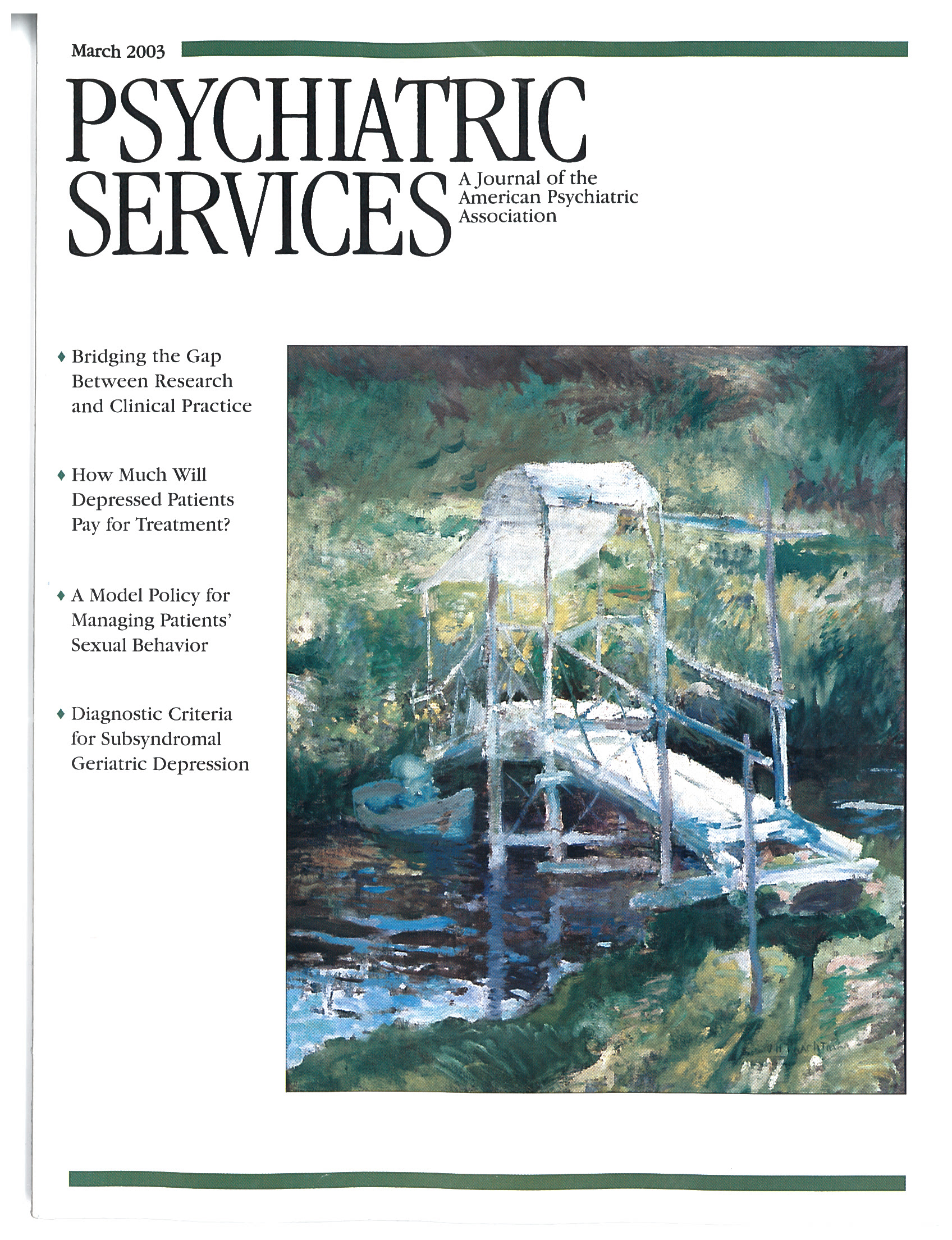Culture Competence and Corporate Culture
In Reply: I share Mr. Wertman's concerns. As APA's leadership grapples with the issue of how our organization and its members should handle issues of corporate influence, much-needed guidelines will emerge.
One troubling indicator of corporate culture's impact on the practice of psychiatry is the change in our treatment model from a truly biopsychosocial integrative approach to one in which drug treatment is emphasized at the expense of psychosocial therapies. In 1981, Eduardo Castro, Kathleen Duffy, Pedro Ruiz, Cecilia White, and I wrote that "a self-conscious reaffirmation of the holistic approach in psychiatry offers psychiatrists…a way to treat patients, while offering psychiatry an opportunity to review crises of identity…disenchantment, and pessimism" (1). More recently, I wrote, "Recovery from a severe mental disorder requires treatment of the whole person.…Pharmacotherapy is necessary but not sufficient" (2).
I am an optimist: psychiatry has risen to challenges before, and I believe we will again reject reductionism—whether its cause is corporate influence or the desire for easy answers—and will rediscover the complex interactions of biological, psychological, and social forces that make us as well as our patients what and who we are.
1. White CM, Opler LA, Castro E, et al: The holistic approach and the future of psychiatry. World Journal of Psychosynthesis 13:19-22, 1981Google Scholar
2. Ehrlich H, Opler LA: Resurrection and Redemption: Overcoming Mental Illness and Regaining Dignity. Baltimore, PublishAmerica, 2003Google Scholar



